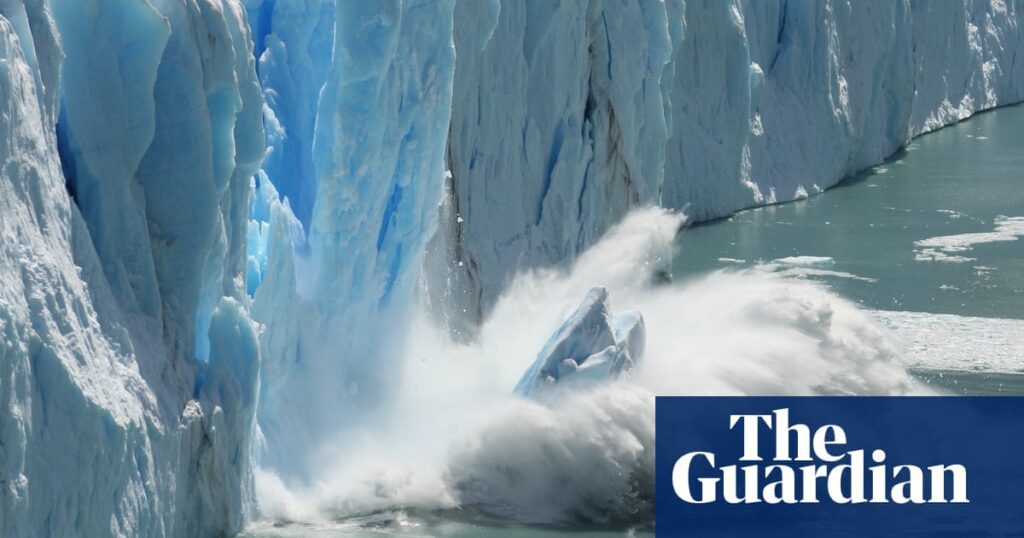A recent study warns that sea level rise will become uncontrollable with just a 1.5°C increase in global temperatures, which could trigger widespread inland migration. The loss of ice from Greenland and Antarctica has accelerated significantly since the 1990s, currently contributing to rising sea levels at a rate of 1 cm per year, even with efforts to reduce fossil fuel emissions.
With predictions of global heating reaching 2.5-2.9°C, the melting ice sheets could lead to a catastrophic 12 meters rise in sea levels. Today, 230 million people live less than one meter above sea level, and even a modest rise of 20 cm could result in at least $1 trillion in flood damage annually by 2050.
Scientists suggest that the “safe limit” for sea level rise is about 1 cm per year, but continued climate change could force large-scale relocations, particularly impacting poorer nations. The study emphasizes that even at 1.2°C of warming, the consequences for sea level rise are unfolding before our eyes. Historical data indicates that significant sea level increases can occur with minimal temperature increases.
Efforts to mitigate CO2 emissions are crucial, as they can provide more time to prepare for this rising threat, but even restoration to pre-industrial temperatures would mean a long recovery period for ice sheets. Ultimately, the study highlights the urgent need for climate action to avert severe future impacts.
Source link


